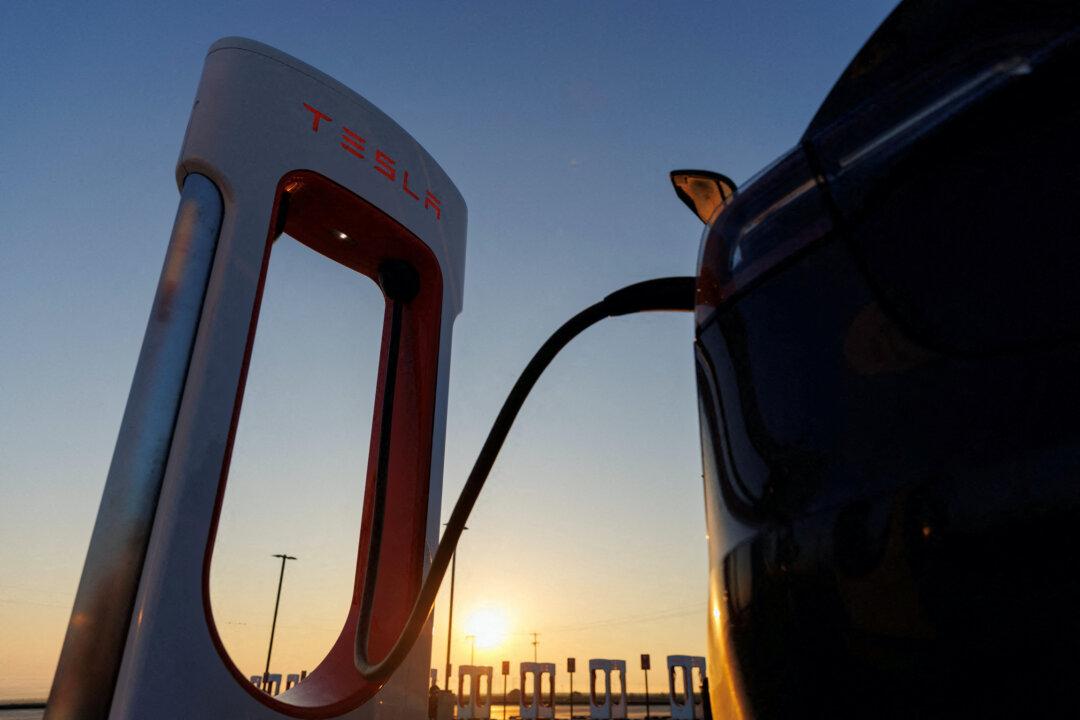The South Pasadena Police Department became the first in the nation this week to completely replace its gas-powered vehicles with fully electric ones, the small city of about 26,000 people announced July 29.
“The City Council is fully behind this transition. We will have a 21st century police force that is safe, clean and saves taxpayer dollars,” Mayor Evelyn Zneimer said in the press release.





